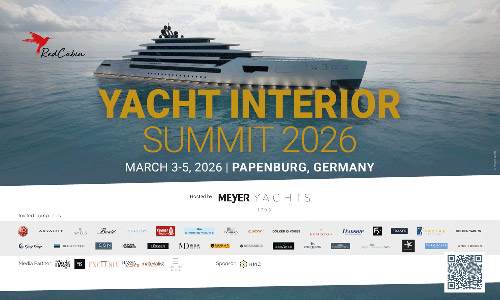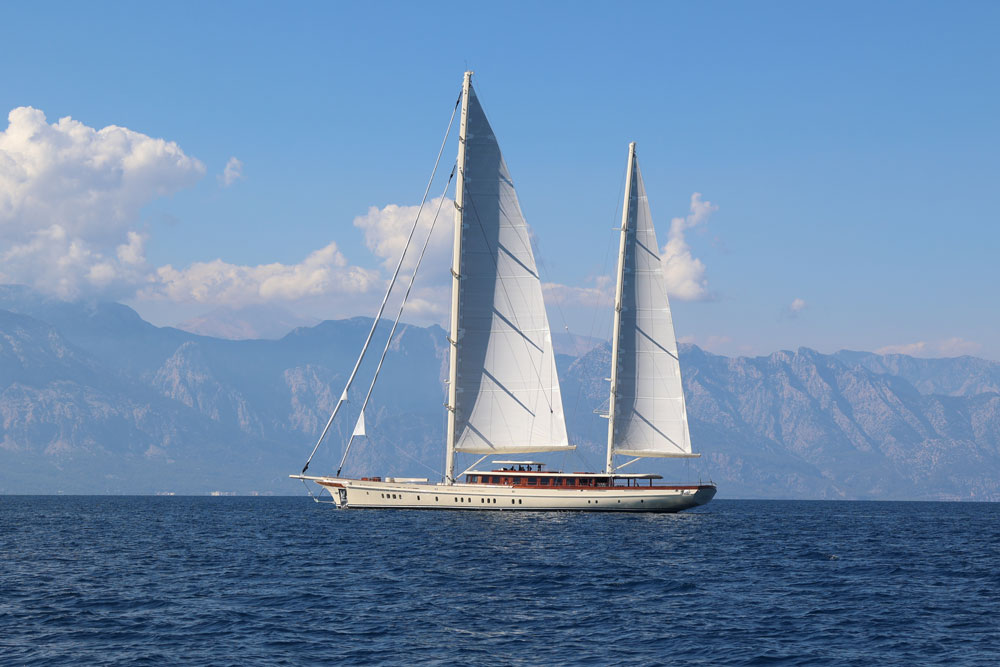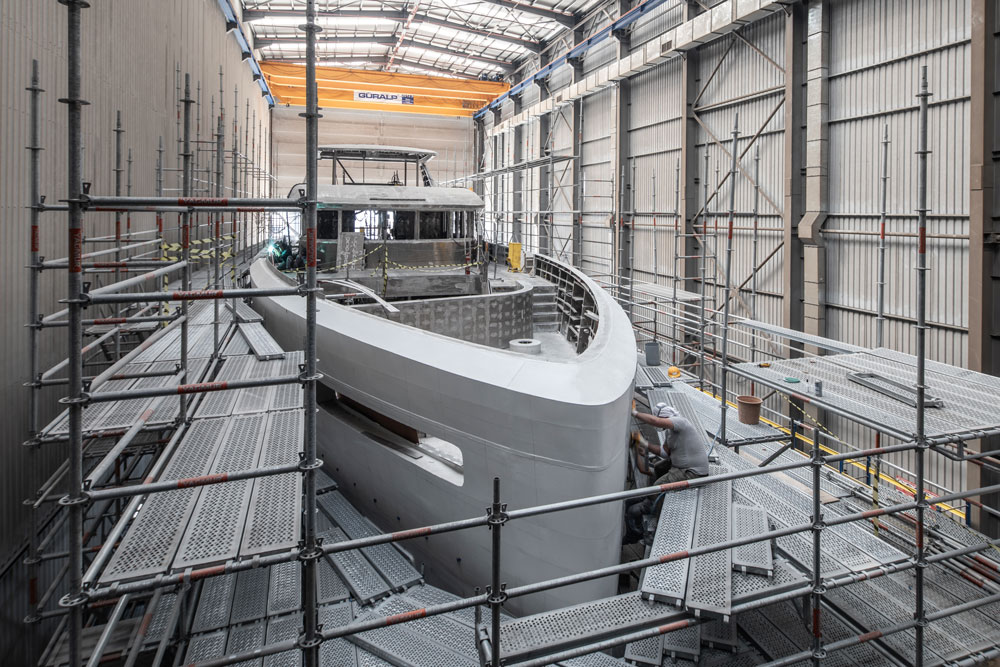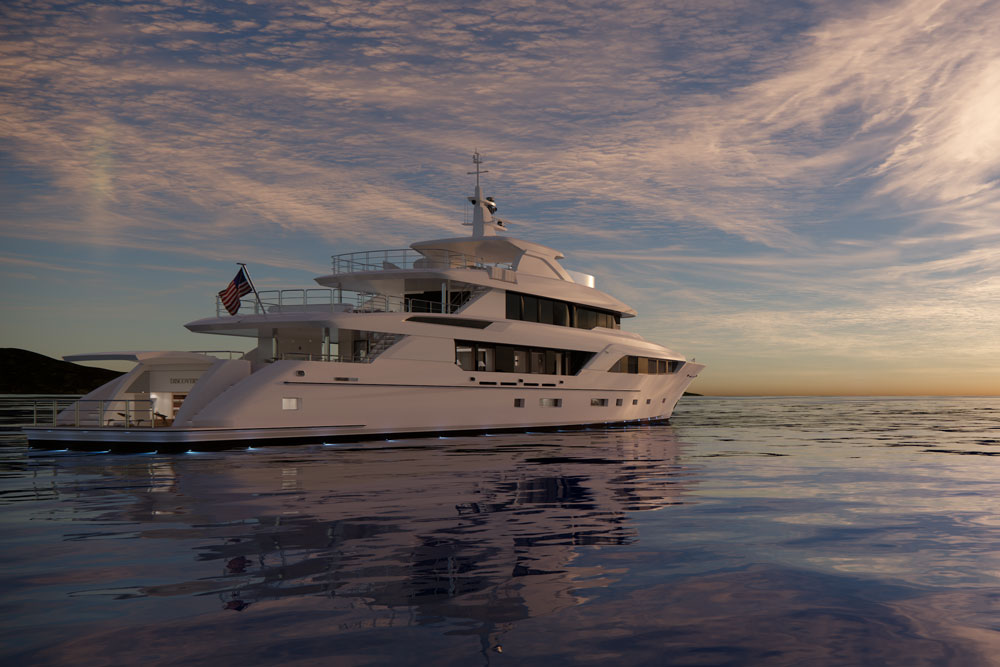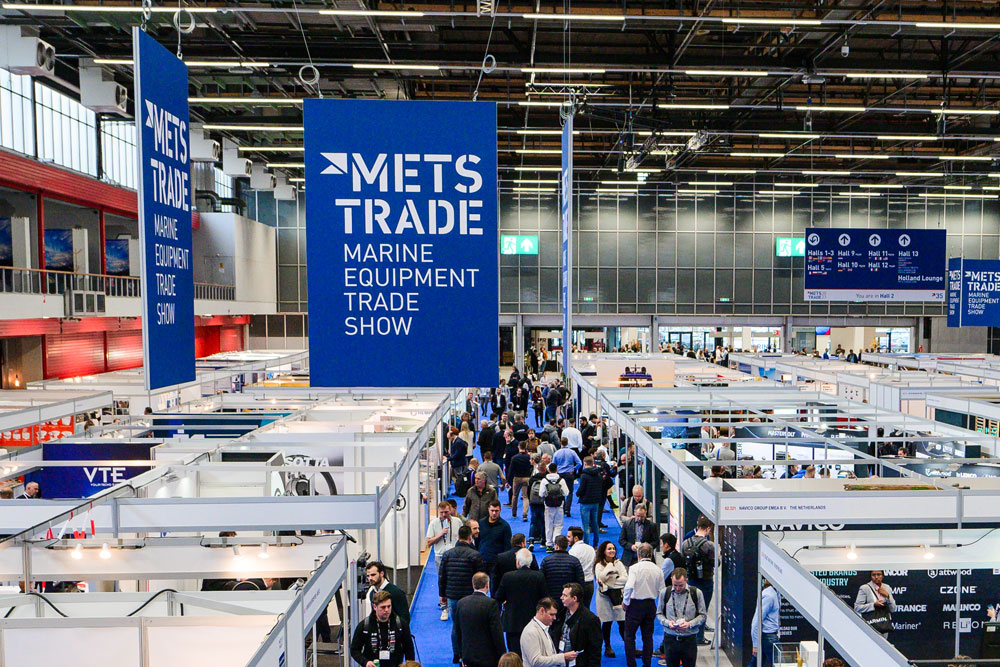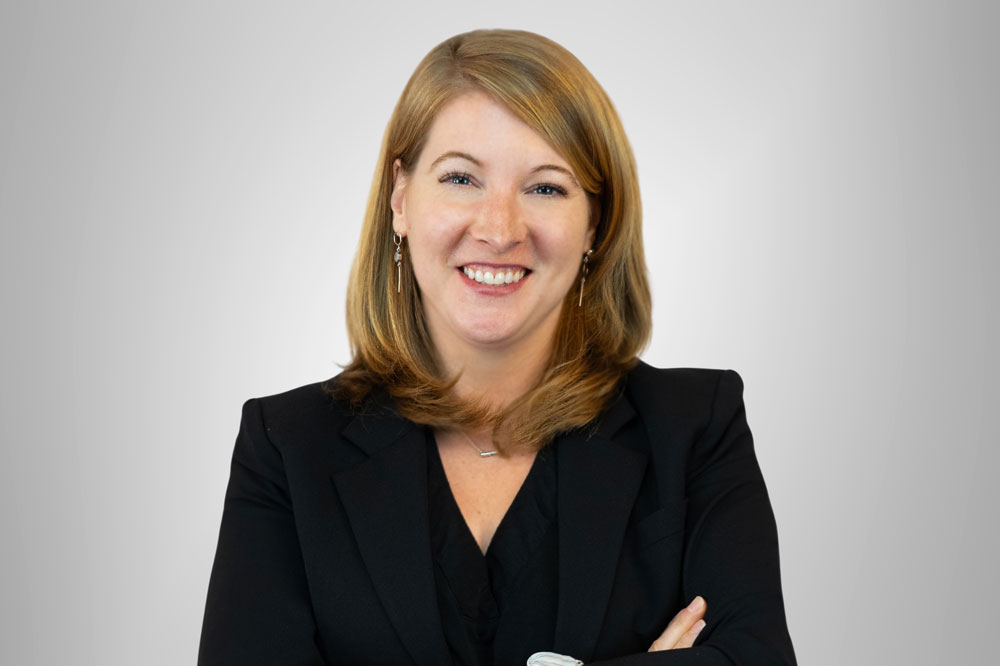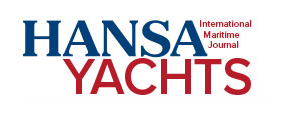Converting superyachts to sustainable fuels such as HVO is the aim of a new partnership between Rolls-Royce and the MB 92 Group.
The two will initially focus on converting the existing fleet to synthetic fuels such as HVO. Rolls-Royce’s Power Systems division and MB92 Group, a company specializing in the refit, repair and maintenance of superyachts, are entering into a formal partnership to advance sustainable propulsion and energy management systems for the global fleet of existing superyachts. This is part of a wider drive to reduce the industry’s carbon footprint.
The collaboration, which was announced at the Monaco Yacht Show, will form part of MB92’s ‘Refit for the Future’ service, which is offered at the company’s shipyards in Spain and France. The new partnership includes the mutual exchange of system performance data, research and development initiatives, technical training and the identification of outstanding examples of installations.
“Ambassadors of climate-friendly superyachts”
The provision of climate-friendly propulsion solutions should be the key to reducing the industry’s carbon footprint in a relatively short space of time. The two partners see potential both in equipping existing yachts with environmentally friendly engines, which also have particulate filters and SCR exhaust gas aftertreatment, and in retrofitting them with hybrid drives.
“We want to be proactive ambassadors for clean and climate-friendly superyacht operation. With alternative fuels such as HVO and others, it is easy to take the first step,” explained Rolls-Royce and MB92.
The initial focus will be on converting the fleet to synthetic fuels such as BtL (Biomass to Liquid), HVO (Hydrotreated Vegetable Oil) and PtL (Power to Liquid) such as e-diesel, also known as EN15940 fuels. All of these fuels can replace conventional diesel fuel in the Series 2000 and 4000 mtu engines already installed without any modifications, most of which are approved for operation with HVO.
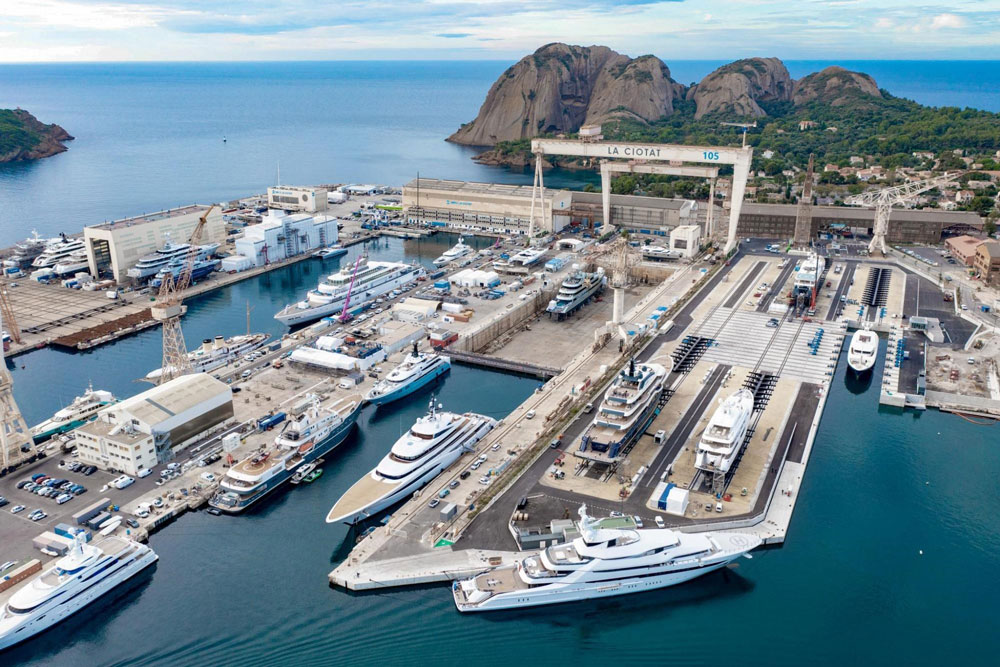
Rolls-Royce wants to make progress with methanol-based propulsion systems
With HVO, emissions can be reduced by up to 90% without compromising performance – provided the fuel is available. An existing yacht with non-HVO-compatible engines can be retrofitted with modern MTU engines and thus be operated in a much more climate-friendly way than before. In parallel, the partners will strive to integrate more advanced solutions as soon as possible, in coordination with Rolls-Royce’s ongoing research and development work on methanol-based solutions and other innovative alternatives.
Denise Kurtulus, Vice President Global Marine at Rolls-Royce’s Power Systems business, explains: “While new generation systems are relatively easy to install in new builds, integrating next generation systems into existing hull designs is a complex task. Our collaboration with MB92 Group, known for its expertise in superyacht refits, offers exciting opportunities for our customers.”
MB92 Group CEO Jean-Marc Bolinger says: “I believe there is great potential for those willing to take the initiative to make progress in the area of sustainability. The agreement reflects our commitment to support the existing superyacht fleet in reducing their environmental impact. Rolls-Royce’s progress, particularly in areas such as methanol optimization, is really encouraging. Our job is to pool our expertise so that these become an increasingly common part of refit projects.”








